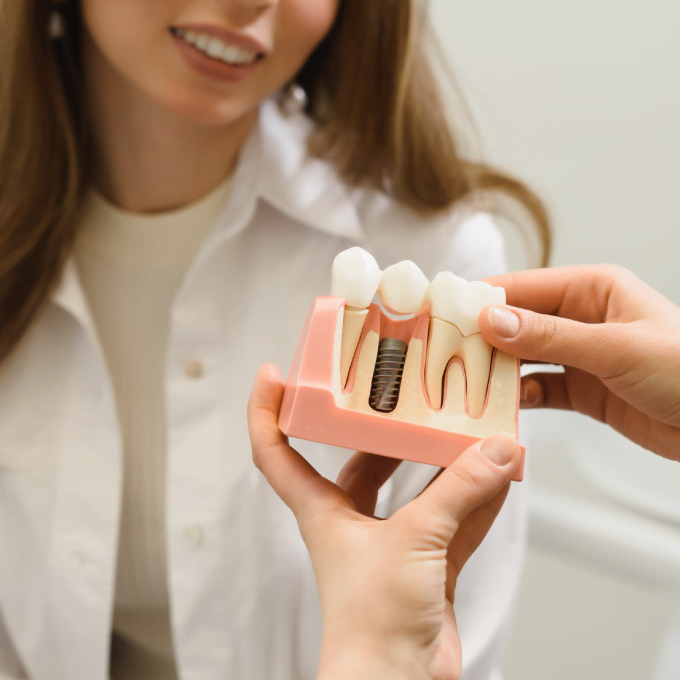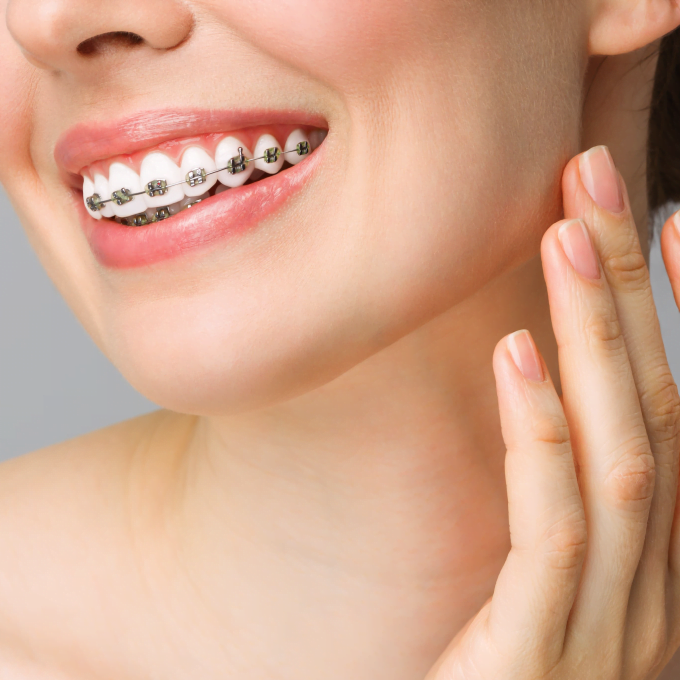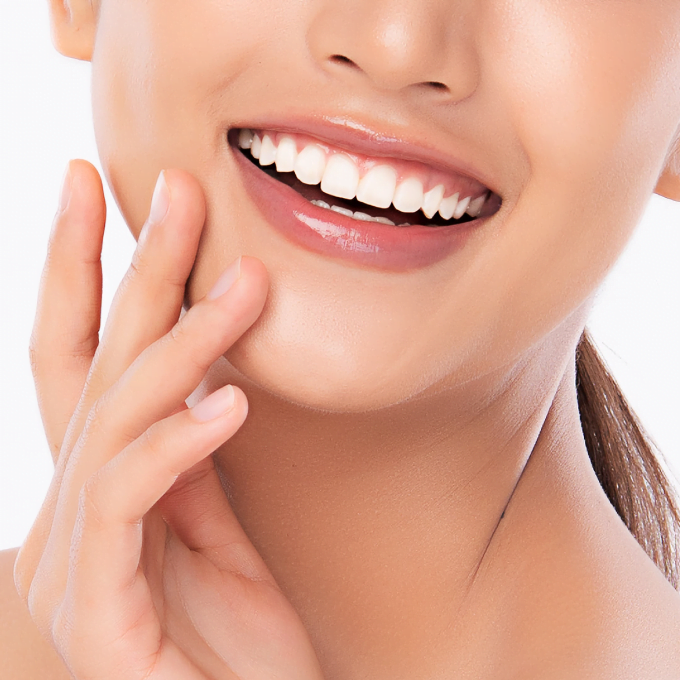The best ways to manage hyperpigmentation this summer
Increased pigmentation, or hyperpigmentation, are slightly different terms for the same thing; a common, generally harmless condition in which patches of skin turn a noticeably darker shade in comparison to the surrounding patches of skin. To get scientific for a moment, it occurs because of melanocytes – the pigment-producing cells in the skin. The onset of hyperpigmentation is normally down to either an increase in the number of melanocytes, or a rise in the substance they produce (melanin). With hyperpigmentation noticeably more common in the warmer and brighter months of the year, here’s what you need to know to protect yourself for the months ahead!
What causes hyperpigmentation?
The condition affects millions of people throughout the UK, the majority of whom are female, and aged between 20 and 40. (It’s often noticeably more common in women with darker skin, too). The causes vary – sometimes it can be a reaction to drugs or medication, or it can be post-inflammatory, as an after-effect of conditions like acne or eczema. Sun damage is a big factor in many cases, as hyperpigmentation can develop from freckles, brown spots or melasma, all of which can be caused or exacerbated by sun exposure. That’s a big part of why hyperpigmentation cases are most common in summer.
Now, the good news is hyperpigmentation often isn’t permanent, and you can easily manage it (or even avoid it entirely) by taking care with your skin in the summer. Here are our three top ways to do that.
Cover up, and stay out of the sun
Our first bit of advice is by far the simplest and most straightforward – just try and limit the amount of time your skin spends under direct sunlight. You can do that by staying out of the sun as much as you can, and making sure you’re under shade for the majority of the time you’re outside. (Be particularly wary of sunbathing!) Whenever you are outside, it’s not a bad idea to cover up with long sleeves, hats and light jackets wherever you can. Take particular care in the peak times of day, between 11am to 3pm, when the sun is at its highest and hottest in the sky.

Protect yourself with sunscreen
You’ll hear us talk about this a lot at AP Skincare, but that’s because it’s so important! Sunscreen is unquestionably essential in the summertime, with high-factor sun lotion providing maximum protection. In general, we’d recommend sunscreen with an SPF of at least 30, preferably above. Make sure that you’re properly protecting problem areas of your skin, such as your face, arms and legs. If you can’t avoid going out in peak sunlight hours, it’s best to apply sunscreen with a Sun Protection Factor of 50, and top up every couple of hours. We recently posted about how to protect yourself effectively with sunscreen – perfect advice for getting great results with our own Heliocare range of sun protection products.
Make changes to your daily skincare routine
There are a number of ways you can protect yourself from hyperpigmentation with changes to your daily skincare routine, and one of the most effective is by incorporating Vitamin A, or Retinol. This works at the cellular level, helping your skin to renew itself faster and thereby reducing the appearance of dark spots, while smoothing the appearance of any scarring. As you may know though, Retinol is an exceptionally powerful ingredient and may cause irritation if it’s introduced too suddenly into your daily skincare routine. If you’re thinking about it, it’s best to get some expert advice on board first!
And here at AP Skincare, that’s exactly what we’re happy to provide. Here at our Blackburn skincare clinic, we’re pleased to be able to offer a range of skincare treatments, and with years of experience behind us, we can give you tailored advice that’s unique to your needs and personal circumstances. Give us a call today on 01254 297 000, or book an appointment to visit us in person – we’re always here to help!








 Dentures
Dentures
 Dental Implants
Dental Implants
 Braces
Braces
 Teeth Whitening
Teeth Whitening
 Smile Makeover
Smile Makeover